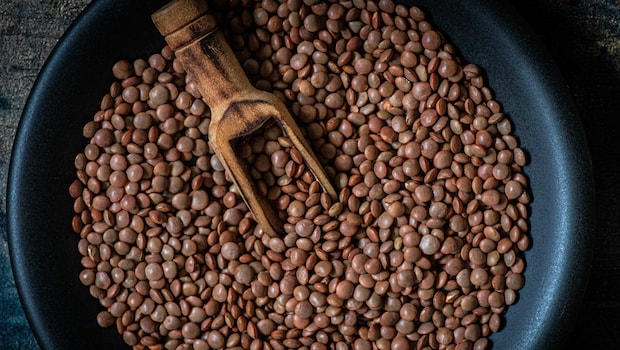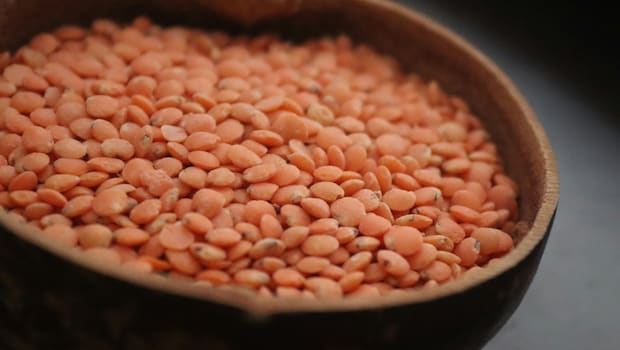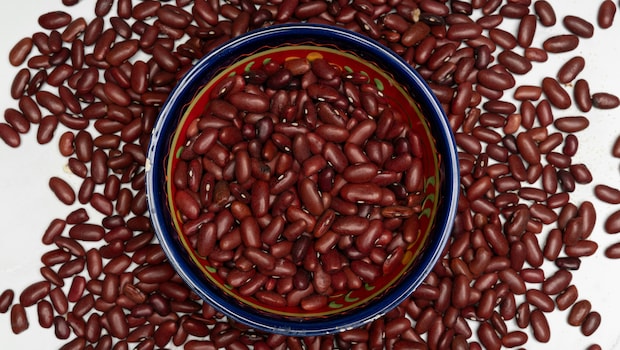Dal is a staple in Indian kitchens, rich in protein and fibre, making it a nutritious addition to our meals. Whether it's a simple dal tadka or a flavourful dal makhani, this humble legume is a comfort food for many. But did you know that the way you prepare it can affect not just the taste, but also how easily your body digests it? One of the most common practices before cooking dal is soaking it. From your grandmother's kitchen tips to modern nutrition experts, soaking is considered essential for better cooking and improved nutrition, and even gut health. But the real question is, how long should you soak dal for? Let's find out what the experts have to say.
Also Read: Why You Should Add Salt Only After Pressure Cooking Dals
Why Soaking Dals Is Important

Photo: Unsplash
Soaking dals before cooking is more than just a tradition. It has a direct impact on how quickly lentils cook and how well our body absorbs their nutrients. As per nutritionist Shalini Sudhakar, soaking helps reduce antinutrients like phytic acid, which can block mineral absorption. It also softens the lentils, cutting down cooking time and improving texture. However, more than that, soaking makes dals easier to digest, reducing the risk of bloating and indigestion, which many people experience with lentils.
How Long Should You Soak Dals For | How To Soak Dal Before Cooking
As per nutritionist Sudhakar, it is extremely important to soak the dals and legumes properly to get nutrition from them. Here is how long you should soak dal for:
1. Dals Without Husk: As per the expert, dals that have an outer skin, like toor dal, moong dal or pigeon dal should be soaked for 30 minutes to 1 hour.
2. Dals With Husk: Lentils that have an outer skin like green gram or black urad dal should be soaked at least 3-4 hours.
3. Hard Legumes like rajma and chana should definitely be soaked overnight or at least 8-10 hours.
What To Keep In Mind While Soaking Dals

Photo: Unsplash
If you want to get the most out of this kitchen habit, here are some tips that might come in handy
1. Use enough water: Dals expand when soaked, so always add extra water.
2. Avoid very long soaking: Over-soaking can ferment the dal, affecting taste and smell.
3. Rinse before cooking: Drain and wash the soaked dal once to remove excess starch.
4. Temperature matters: Soaking in slightly warm water speeds up the process.
5. Cook soon after soaking: Don't leave soaked dals sitting out for too long.
Does Soaking Dals Improve Nutrition?
Soaking does more than just soften lentils. As per a 2024 research study, soaking dal enhances the nutritional profile by making certain nutrients easier to absorb. Compounds like phytic acid and tannins, present naturally in dals, can block minerals like iron, calcium, and zinc. Soaking helps break these down, making dals more bioavailable. It also slightly boosts protein digestibility and improves vitamin absorption.
Quick Hacks If You Forgot To Soak Dal

Photo: Unsplash
We've all been there - hungry, ready to cook, and suddenly realise the dal isn't soaked. But don't worry, these quick tricks can help:
1. Hot water soak: Put dal in hot water for 15–20 minutes for a quick softening effect.
2. Pressure cooking: Just add 1–2 extra whistles while cooking unsoaked dal.
3. Baking soda trick: A pinch of baking soda in the cooking water speeds up softening.
4. Instant soak: Rinse dal thoroughly, cover with warm water, and let it sit while you prepare the rest of your meal.
Does Soaking Dal Help Reduce Gas?
One of the biggest reasons experts recommend soaking is gut comfort. As per nutritionist Shweta Shah, dals contain natural carbohydrates that can cause bloating and gas when undigested. Soaking helps break down these compounds, making the dal gentler on your stomach. For people with sensitive digestion, this step can make all the difference.
Also Read: These Delicious Sides Are Going To Transform Your Plain Dal Chawal
So, soak your dals correctly to get the most nutrition from them.
Disclaimer: This content including advice provides generic information only. It is in no way a substitute for qualified medical opinion. Always consult a specialist or your doctor for more information. NDTV does not claim responsibility for this information.








